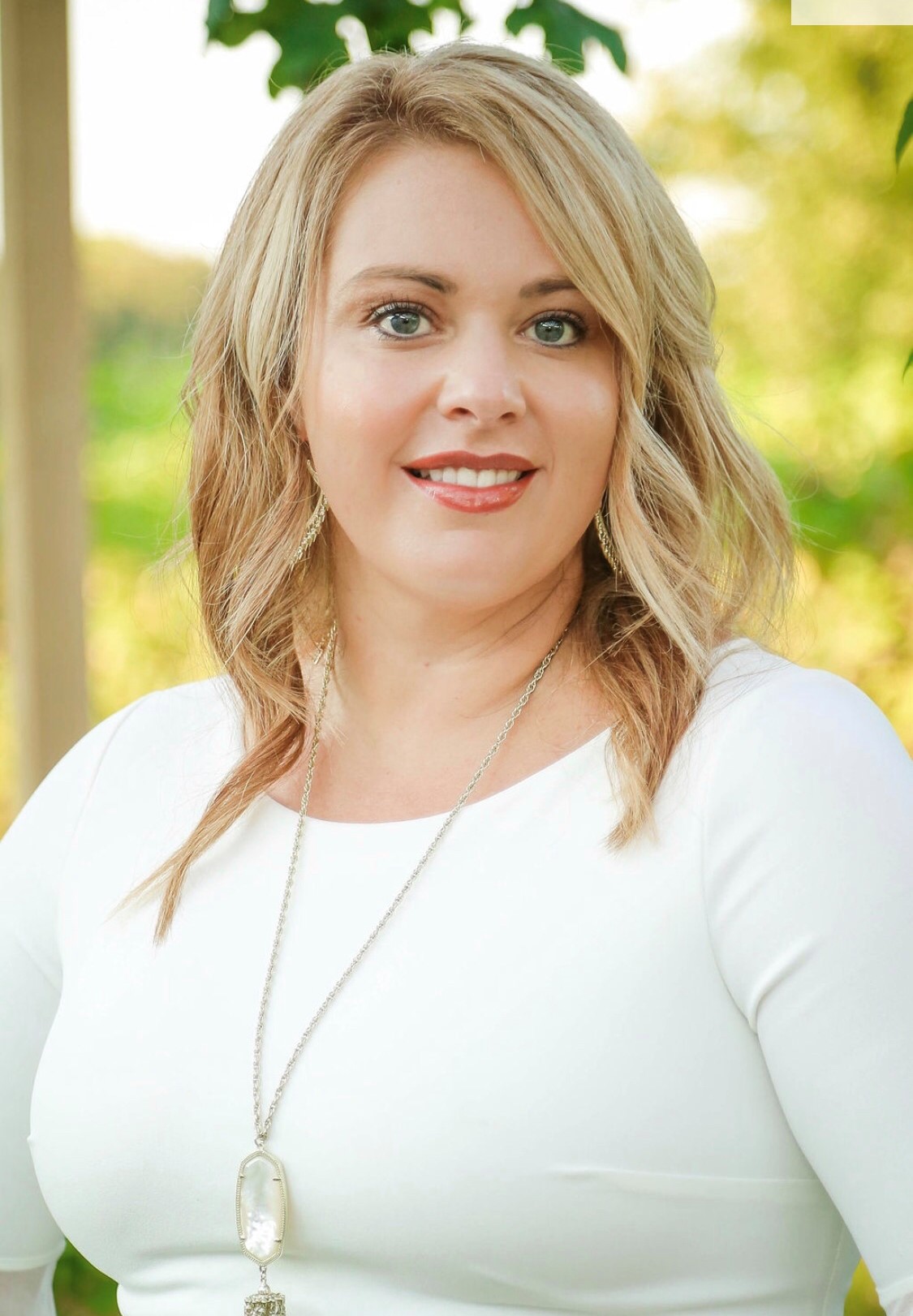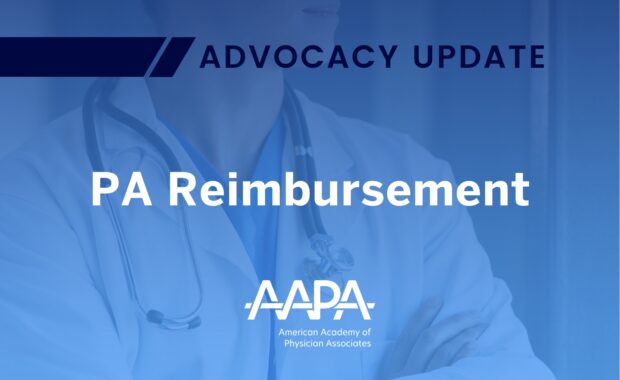A Primary Care PA Answers Your Most Pressing Questions
Learn What It’s Like from a Practicing PA
April 25, 2019
By Brittany Hager and Kathryn LaFleur

Are you a PA student interested in practicing in primary care but concerned about the compensation, scheduling, or lack of interesting cases in the field? Many PAs who practice in primary care enjoy the relationships they develop as their patients’ primary care provider (PCP). In Advice for New Grads: Choosing Your Specialty, Verdale Benson, a former primary care PA, praised the specialty: “If you’re passionate about primary care, it’s a great way to expand your medical knowledge and broaden your understanding of PA practice.”
Is a primary care role the perfect choice for you? We talked to Kasey Brundidge, a primary care PA, who set the record straight on our most pressing primary care questions.
Q: What prompted you to go into primary care?
A: Thirteen years ago, when I was finishing PA school, my interests were primarily in pediatrics, surgery, and orthopaedics. Living in a rural area, my first job offer was anything but that. I had never imagined going into primary care. It just didn’t seem as exciting as being in a specialty. I took the job in primary care due to good benefits and compensation straight out of school and thought I could get a good base knowledge of family practice and get a job elsewhere when it became available.
[PAs in Rural Locations Ready to Meet Primary Care Needs.]

Q: What would you say to new grads who are concerned about the wide range of medical knowledge required to practice in primary care or family medicine?
A: In primary care, I am able to keep up on the latest changes in diabetes, hypertension, and other chronic illnesses that almost all specialties need to be aware of. Twelve years later, here I am, still doing primary care, and I couldn’t be happier. I feel that in primary care the sky is the limit.
Q: Do you see a lot of similar cases (colds, allergies, sinus infections, etc.) and do you ever get bored?
A: You see a great mix of all ages, all illnesses, all systems head-to-toe and can be the best, well-rounded provider you can be. I provide an awesome mix of services. I also do a lot of skin biopsies, hyfrecation, Botox and fillers, bioidentical hormone replacement pellets, and much more.
Q: If you see a large volume of patients, are you concerned it could lead to burnout?
A: I feel like I have been able to take primary care to a new level, most importantly for my patients, but also it allows me to do what I’m passionate about. I never get bored or feel burned out.
[AAPA Primary Care RAP – a monthly primary care podcast with a PA spin.]
Q: Can you offer any advice to students who are concerned about receiving lower compensation in primary care than specialties?
A: As far as compensation goes, everything is negotiable. Show your employer you want to provide quality care and are willing to attend continuing education to learn and allow your office to offer new services that generate revenue. Then negotiate how you can be compensated for that as you help grow the practice.
Q: What’s your schedule like? Long hours or regular Monday – Friday shifts?
A: I work 36 hours a week, flexible hours, and I work through lunches on days I want to get off earlier or I can start earlier certain days of the week! I really cannot imagine doing anything else and I love my primary care career and what our practice has allowed me to make it.
Brittany Hager is a second-year student at the University of Washington’s MEDEX NW program at the Tacoma campus. She graduates in August 2019 and serves as the Western Regional Director on the Student Academy Board of Directors.
Kathryn LaFleur, PA-C, is a recent graduate of Sacred Heart University in Fairfield, Connecticut. She is a current student delegate and volunteer on the Student Academy Advocacy & Policy Committee.
Additional Resources
Inside PA Training: 9 Reasons to Become a Primary Care PA
Advice for New Grads: Choosing Your Specialty
AAPA Primary Care RAP
Thank you for reading AAPA’s News Central
You have 2 articles left this month. Create a free account to read more stories, or become a member for more access to exclusive benefits! Already have an account? Log in.
